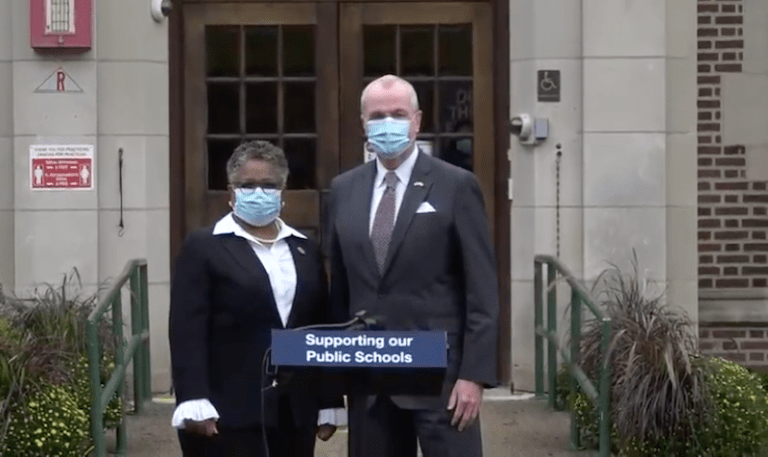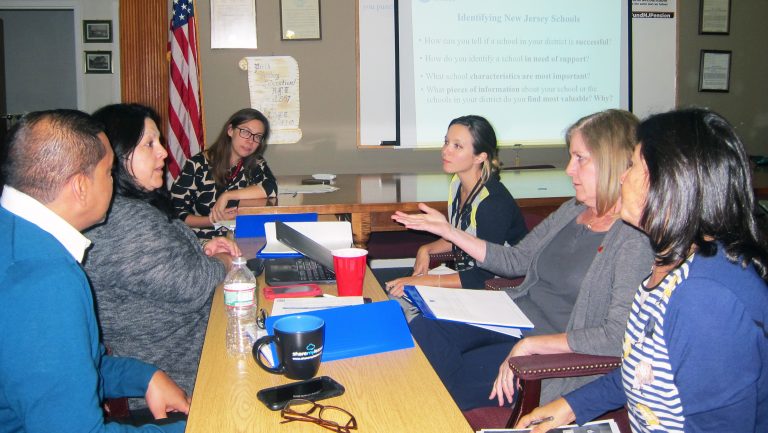By John Mooney
The administration is moving ahead with its implementation of PARCC, but may be open to a change in how it’s used
It’s a big question in New Jersey education circles these days: What is happening with legislation and other efforts to slow down the full implementation of new online testing and the attendant educator evaluations.
And the short answer at this point appears to be — stay tuned.
The chief sponsor of the bill in the Assembly said yesterday that she is still hopeful it will be posted for a full vote in the lower chamber, even after it was passed over for the last voting session.
“I would hope to have it posted,” said state Assemblywoman Mila Jasey (D-Essex) yesterday. “I think there are a lot of people who would like to see it happen.”
And the likely sponsor of a companion bill in the Senate said he, too, had high hopes — but also wasn’t sure next steps.
“I’d like to see at least a discussion about it,” said state Sen. Jeff Van Drew (D-Cape May).
But there does not seem to be much wavering from the Christie administration, at least for the time being, raising doubts as to whether a bill, if ever passed, would have a chance of being signed by Gov. Chris Christie.
Acting state Education Commissioner David Hespe said yesterday that the state’s hands are largely tied in its commitment to the federal government to both start the new Partnership for Assessment of Readiness for College and Careers (PARCC) testing and including results in teacher evaluations by next year.
“The timelines for pursing PARCC and the evaluations were pretty much set in the waiver [signed to be released from No Child Left Behind), and local districts also accepted stimulus funds [with the commitment],” Hespe said in an interview.
Still, Hespe said he was also cognizant of the growing calls to slow down from legislators and advocates, not to mention letter-writing campaigns and petitions, and said he was open to revisiting the issue as more information became available next fall once the first test results were coming in.
‘We are certainly open in the future to be flexible, if the facts and data call for it,” he said. “But at this point, that would be premature.”
It’s been an issue rising to a slow boil for several months: the implications of new testing tied to the Common Core State Standards combined with new teacher evaluation systems that will rely on those results for grading certain teachers.
More>>




